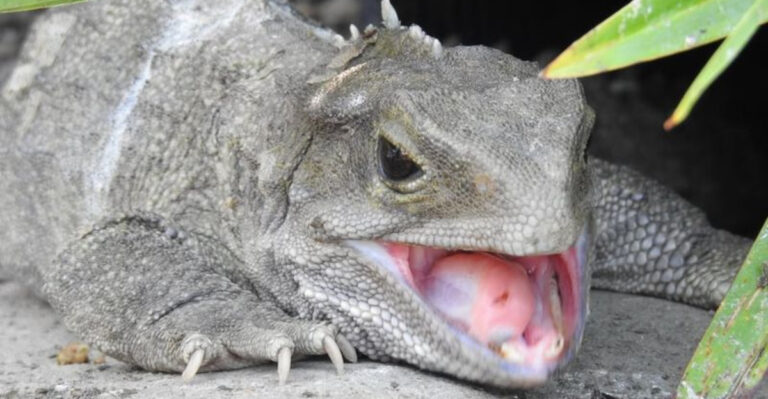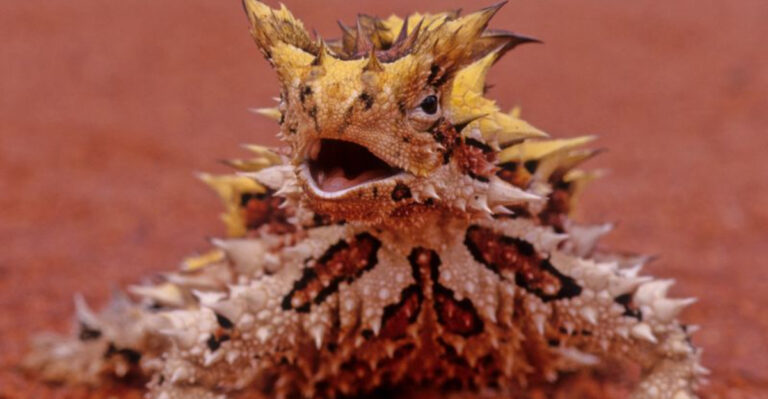20 Indicators That Your Cat Is Feeling Unhappy
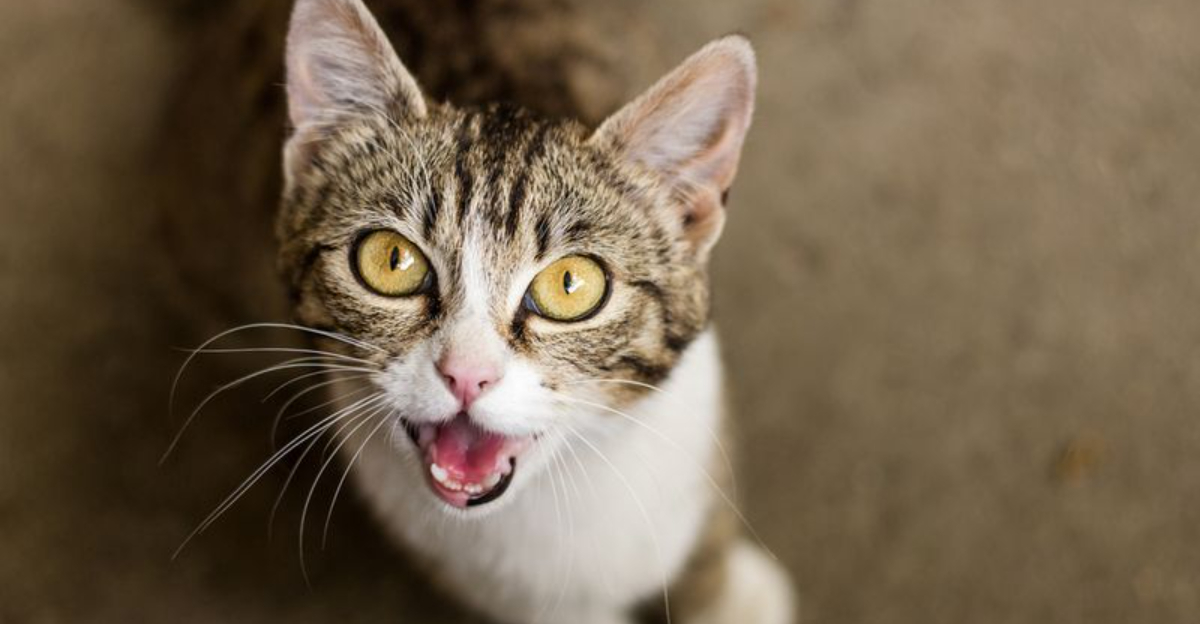
Cats are mysterious creatures, and sometimes their aloofness or peculiar behaviors can be hard to decipher.
Though they may not wear their hearts on their sleeves like dogs, there are still telltale signs that your feline friend might be feeling a bit down.
Let’s explore indicators that suggest your cat could be unhappy, and how you might help them regain their joy.
1. Lack Of Appetite
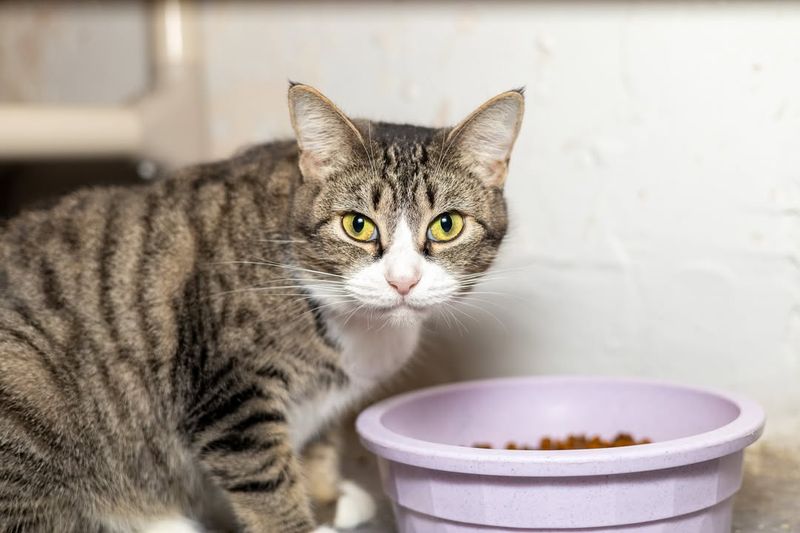
When your cat turns away from their favorite meal or snacks, it might be a sign of unhappiness. A drop in appetite can indicate stress or health issues.
If you notice this change, try to recall any recent changes in their environment, such as a new pet or household move. Consulting with a vet to rule out medical problems is always a prudent first step.
2. Excessive Grooming
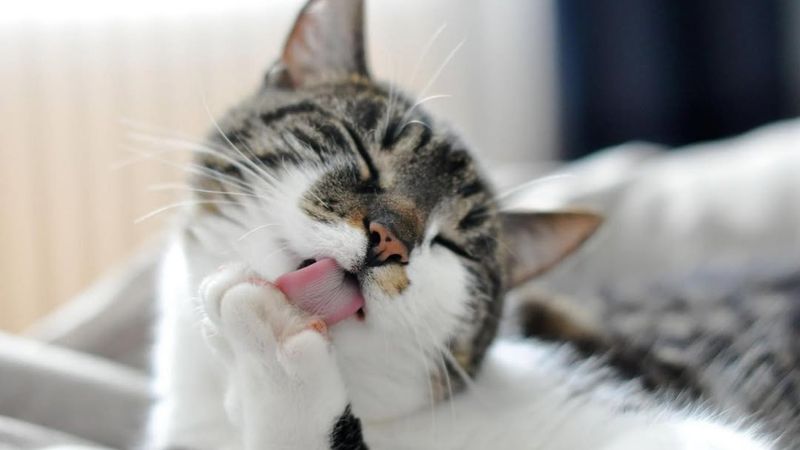
Cats are generally meticulous groomers, but when it becomes excessive, it might be an indicator of stress or anxiety. Over-grooming can lead to bald spots, so it’s important to address the root cause.
Consider observing for any stressors like loud noises or lack of stimulation in their environment.
3. Hiding Frequently
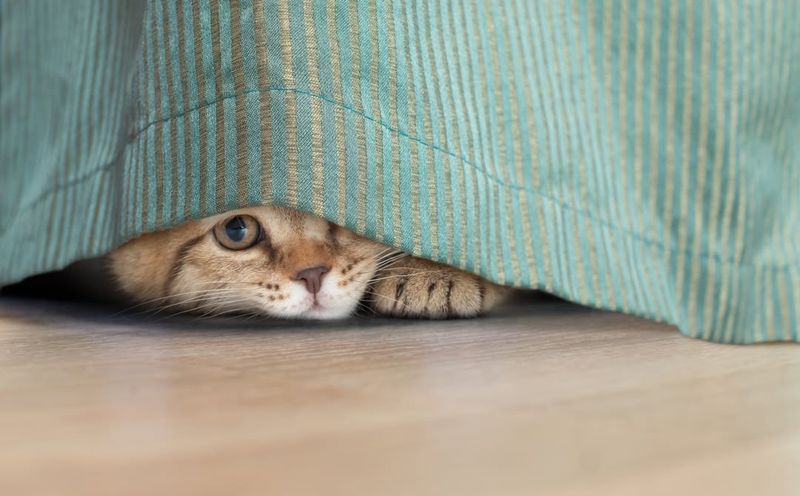
If your cat is spending more time hiding under beds or in closets, it could mean they’re feeling insecure or scared. This behavior might be linked to changes in their environment or new people in the household.
Providing safe spaces and ensuring they feel secure can help reduce this behavior.
4. Aggressive Behavior
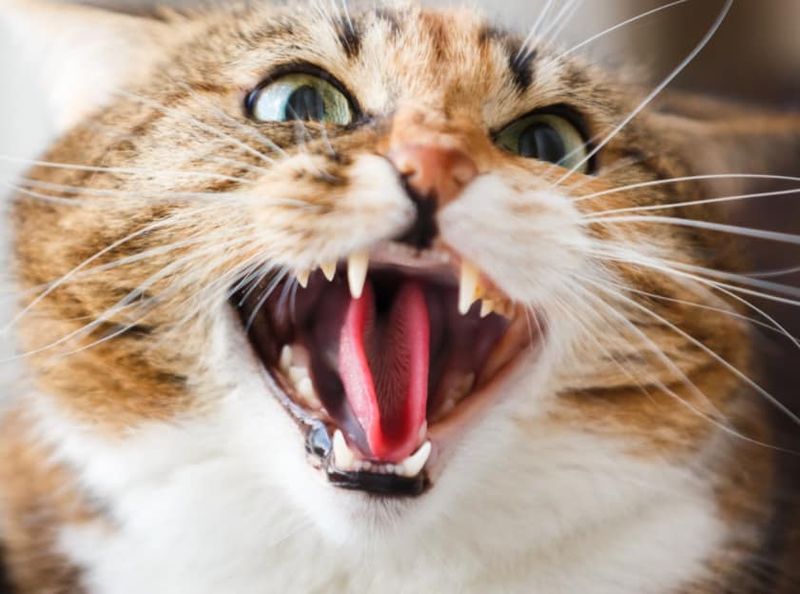
An unhappy cat might express their discomfort through aggression, such as hissing or scratching. This could stem from pain or frustration.
Monitor their interactions and consult with a vet or behaviorist to understand the underlying cause and find ways to alleviate their stress.
5. Decreased Playfulness
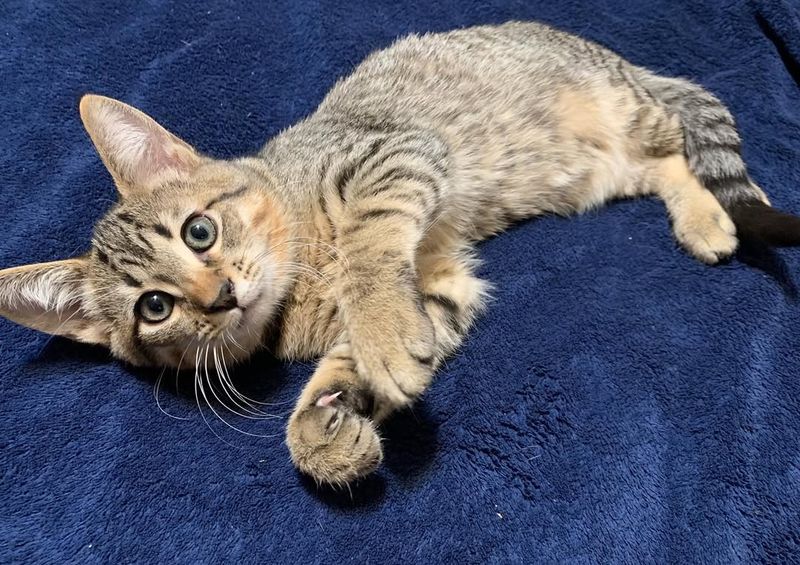
Cats usually love to play, but when they lose interest in toys or games, it may be a sign of unhappiness. This could be due to boredom or feeling unwell.
Try introducing new toys or interactive play sessions to spark their interest and keep them engaged. If the behavior persists, a visit to the vet might be necessary to rule out health issues.
6. Changes In Litter Box Habits
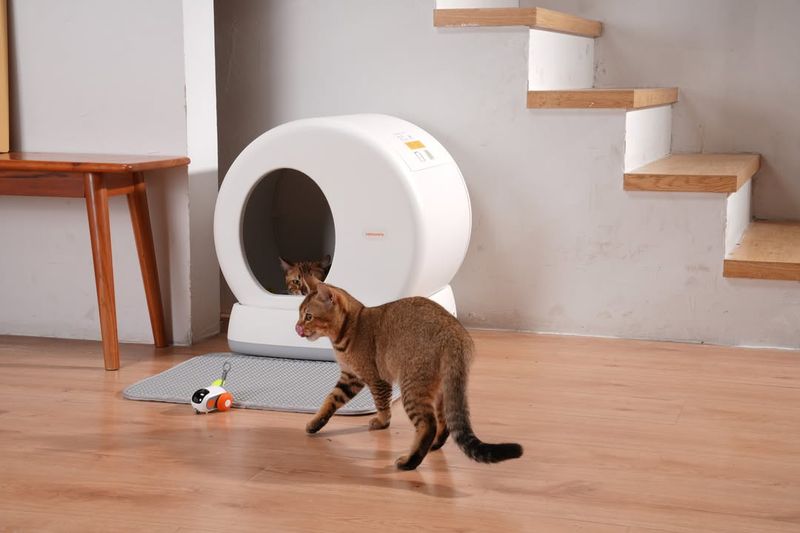
When a cat starts having accidents outside the litter box, it might indicate stress or displeasure. Changes in litter box location, type of litter, or even household dynamics can affect them.
Ensuring the litter box is clean and in a quiet location can help alleviate this issue.
7. Vocal Changes
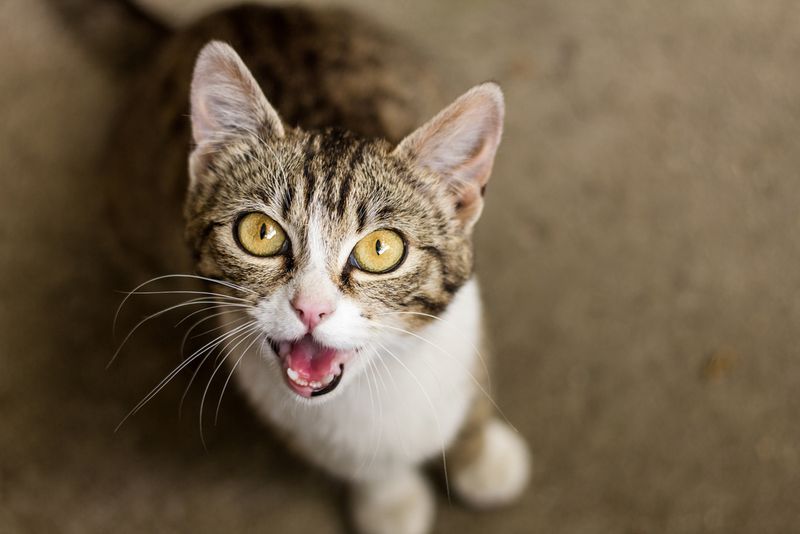
An increase or decrease in vocalization can be a sign of distress in cats. If your feline friend starts meowing more than usual, or suddenly goes silent, it might be an indication of discomfort or anxiety.
Pay attention to their vocal cues and observe their environment for potential stressors.
8. Unusual Sleeping Patterns
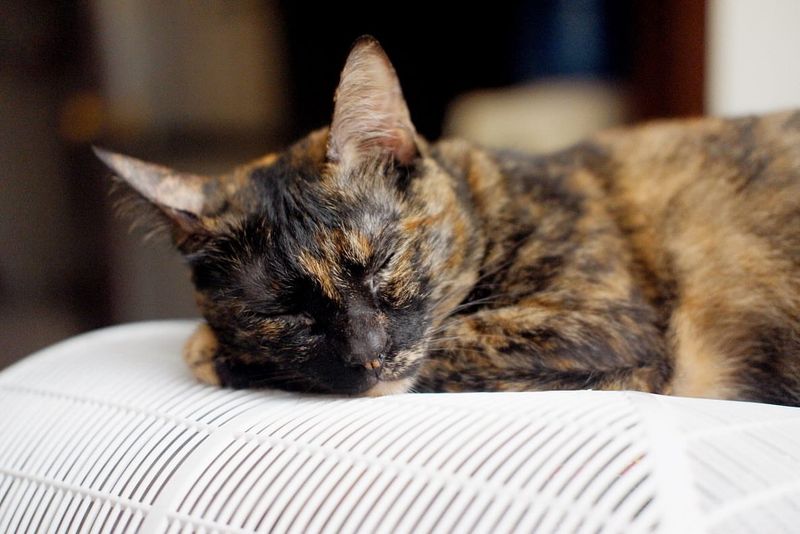
Cats are known for their naps, but drastic changes in their sleeping patterns can suggest unhappiness.
If they’re sleeping more or in unusual spots, it might be a reaction to stress or changes in their environment. Ensuring they have comfortable, quiet sleeping areas can help promote better rest.
9. Loss Of Interest In Grooming
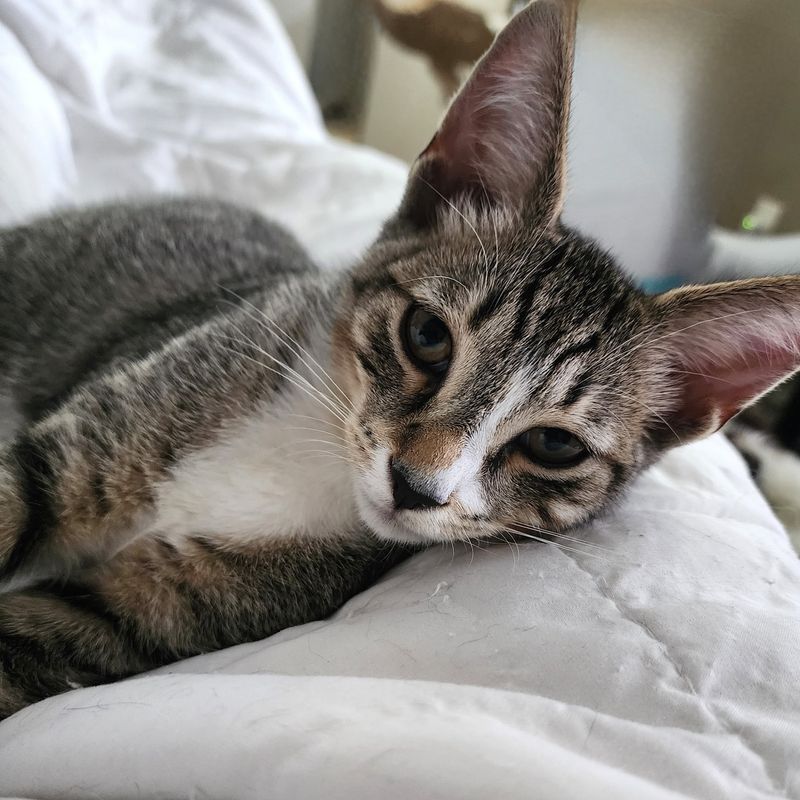
While over-grooming is a sign of stress, a lack of grooming can also indicate unhappiness. When a cat stops caring for its coat, it might be battling depression or physical illness.
Regularly monitoring their health and encouraging bonding time can help improve their mood.
10. Changes In Body Language
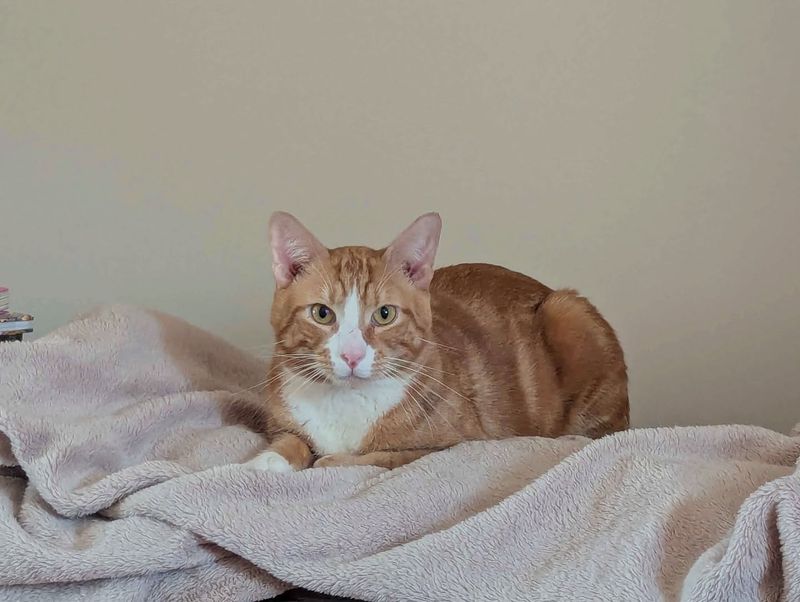
A cat’s body language can reveal their emotional state. If they appear tense, with a lowered body or tail tucked, it might be a sign they’re feeling unhappy or threatened.
Observing their interactions and environment can help identify potential stressors or changes needed to relieve their discomfort.
11. Avoiding Social Interaction
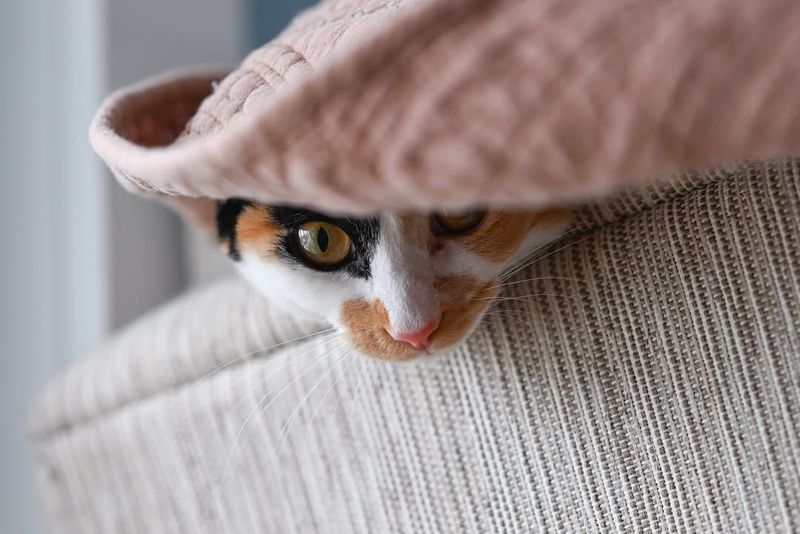
Social cats may suddenly withdraw from interaction when they’re feeling low. If your once affectionate kitty is now avoiding cuddles and petting, it might be time to investigate.
Ensuring a consistent routine and providing comforting environments can help encourage their return to social behavior. Offering gentle encouragement and patience can also help rebuild their trust.
12. Excessive Scratching
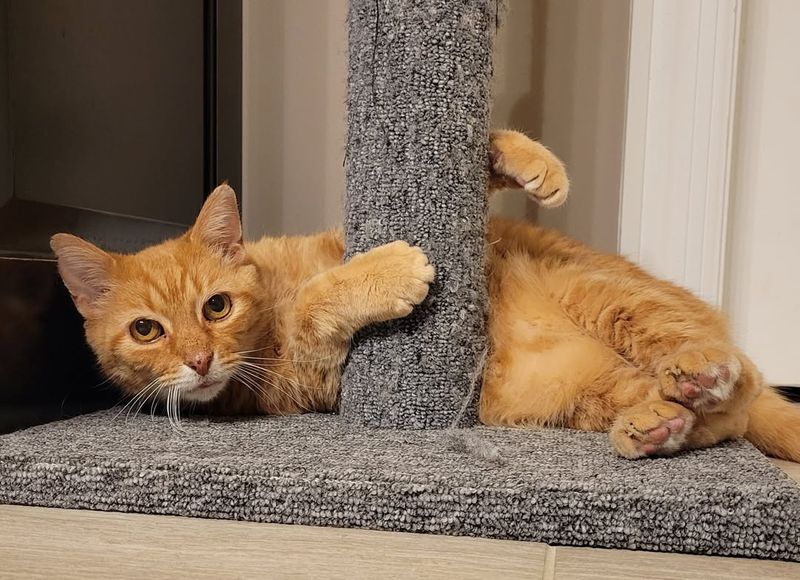
Cats scratch to mark territory and for exercise, but excessive scratching can be a sign of distress. It may be their way of coping with anxiety or boredom.
Offering a variety of scratching posts and engaging activities can divert this behavior positively. Regular playtime and mental stimulation can also help reduce their need to scratch out of frustration.
13. Sudden Weight Loss Or Gain
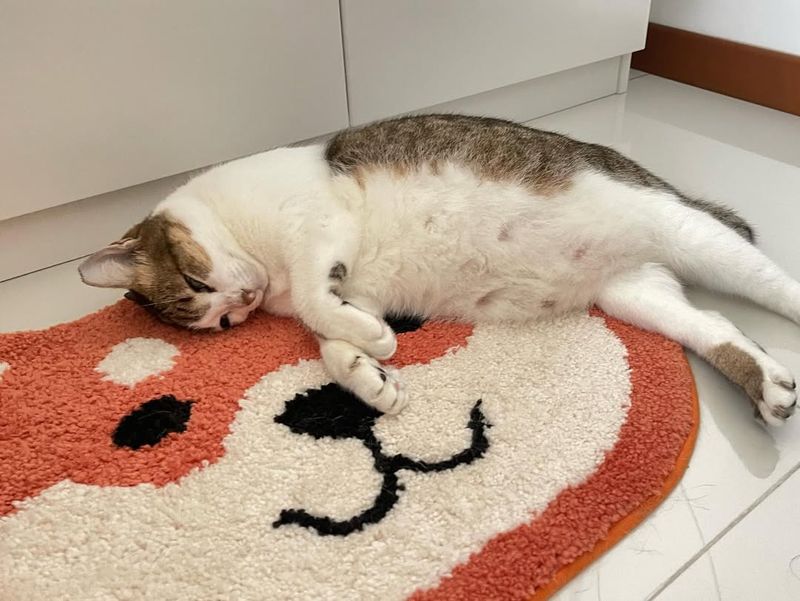
Rapid weight changes can signify emotional distress or health issues in cats. If your cat is suddenly gaining or losing weight, it might be time to evaluate their diet or stress levels.
Consulting with a vet can help determine the cause and appropriate measures.
14. Reduced Energy Levels
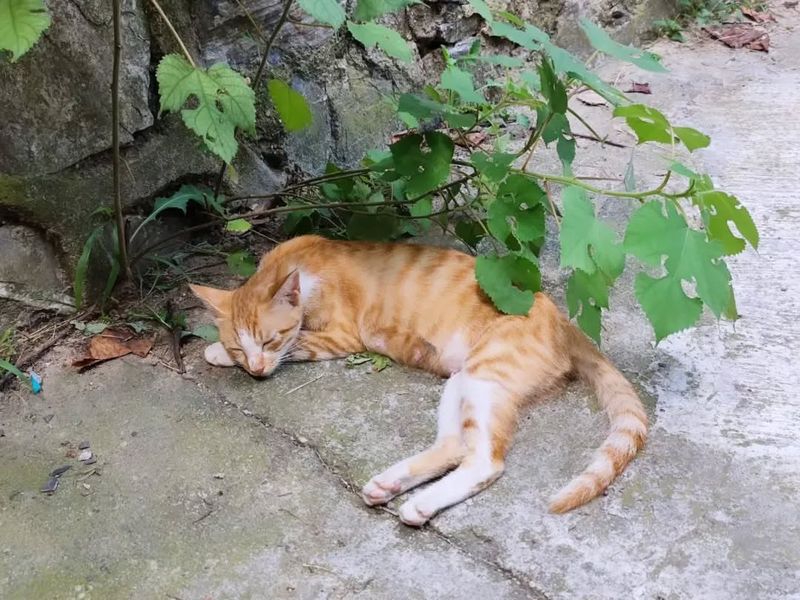
A drop in energy levels might indicate that your cat is feeling down. If your lively pet is now lounging around with little enthusiasm, it could be a sign of depression or health issues.
Engaging them with interactive play and ensuring a stimulating environment can help lift their spirits.
15. Overeating Or Undereating
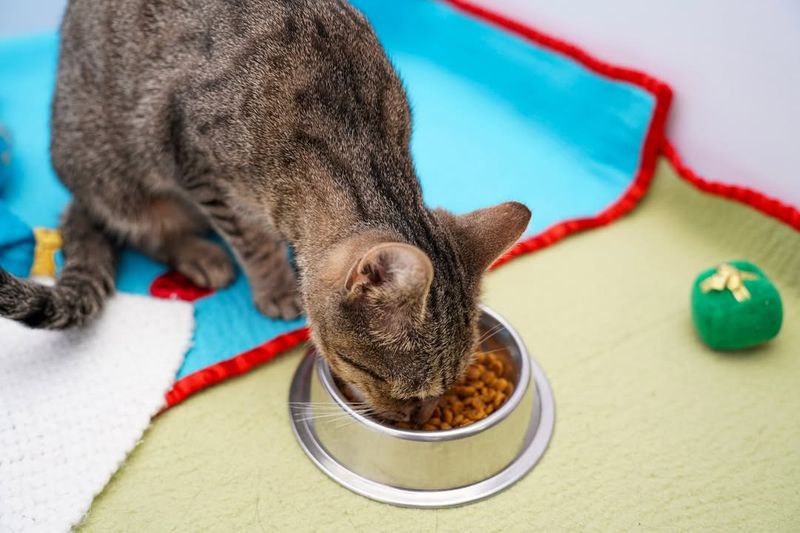
Just like humans, cats can eat out of stress or lose their appetite when unhappy. Both overeating and undereating are indicators of emotional imbalance.
Monitoring their diet and offering regular, nutritious meals can help stabilize their habits.
16. Constantly Following You
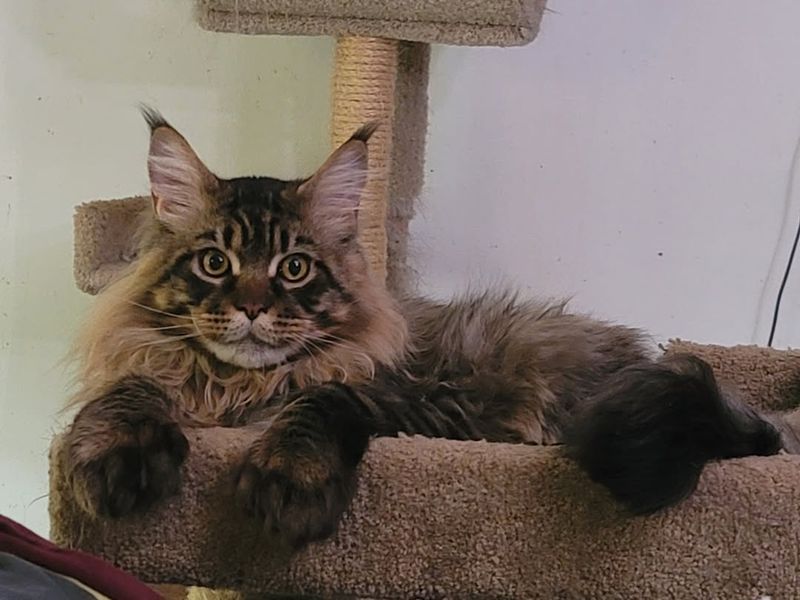
While some cats are naturally clingy, a sudden increase in this behavior can suggest insecurity or anxiety.
If your cat is following you everywhere, they might need reassurance or are reacting to feeling unsettled.
Spending quality time with them and maintaining a regular schedule can ease their anxiety.
17. Ears Always Back
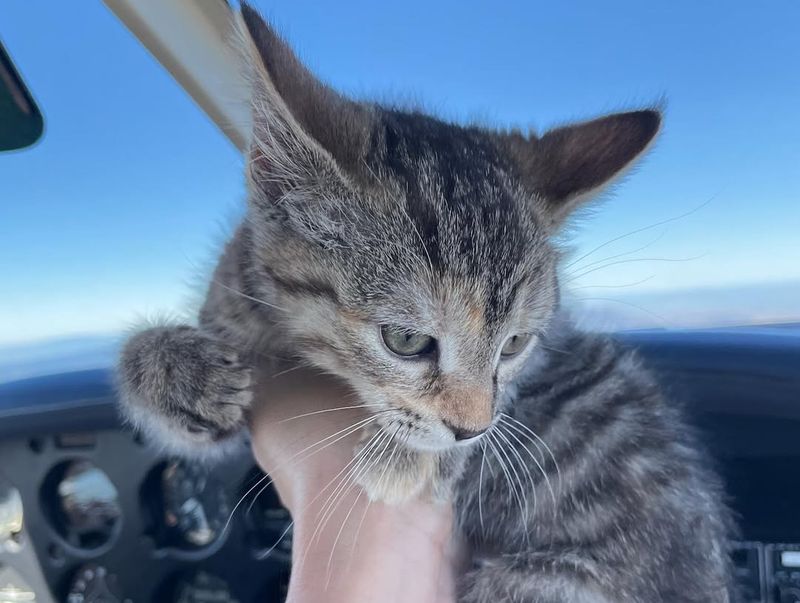
Ears flattened back can be a sign of distress or unhappiness. This defensive posture may be triggered by perceived threats or discomfort in their environment.
Observing what causes this reaction and providing a calming atmosphere can help them feel more secure.
18. Excessive Shedding
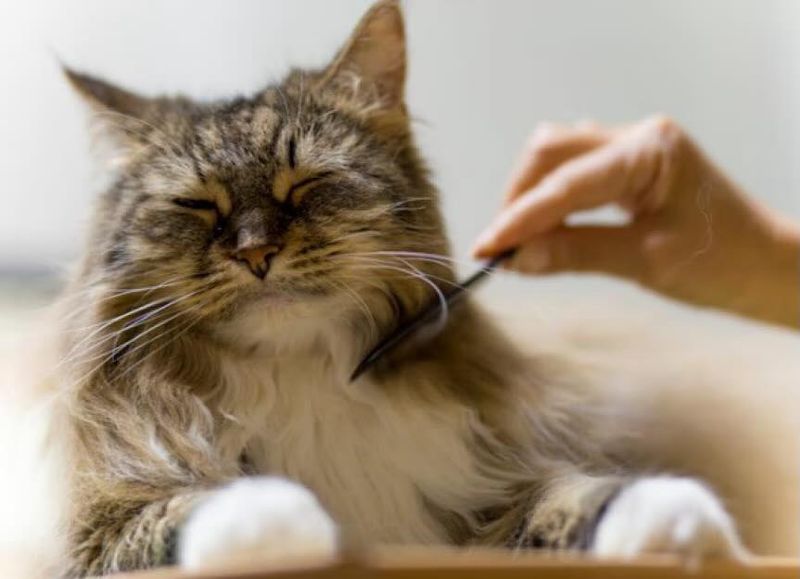
Stress can cause cats to shed excessively, leading to noticeable fur all over your home. If you observe this increase, it might be linked to environmental changes or stressors.
Regular grooming and a stable environment can help reduce their stress and subsequent shedding.
19. Ignoring Their Humans
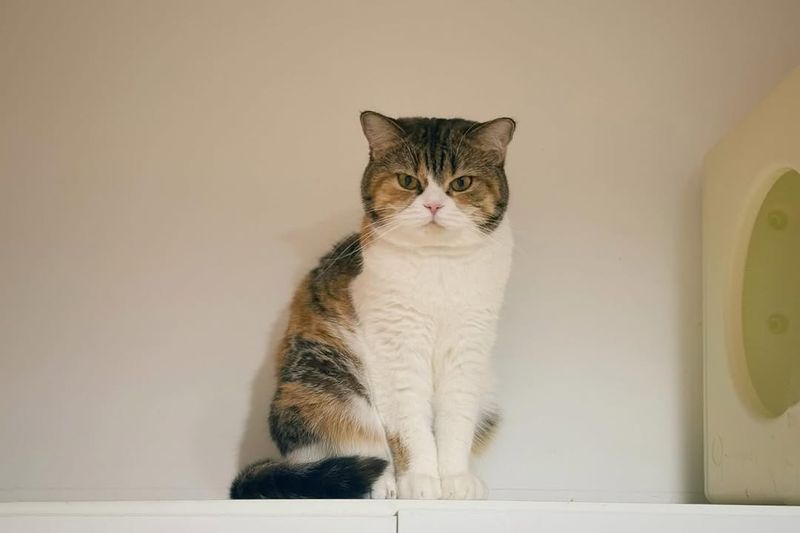
Cats that suddenly ignore their owners might be expressing unhappiness or dissatisfaction. This change can result from feeling neglected or responding to changes in their environment.
Offering attention, playtime, and reassurance can help them feel loved and valued. Patience and consistency in their routine can also encourage them to reconnect with you.
20. Dilated Pupils
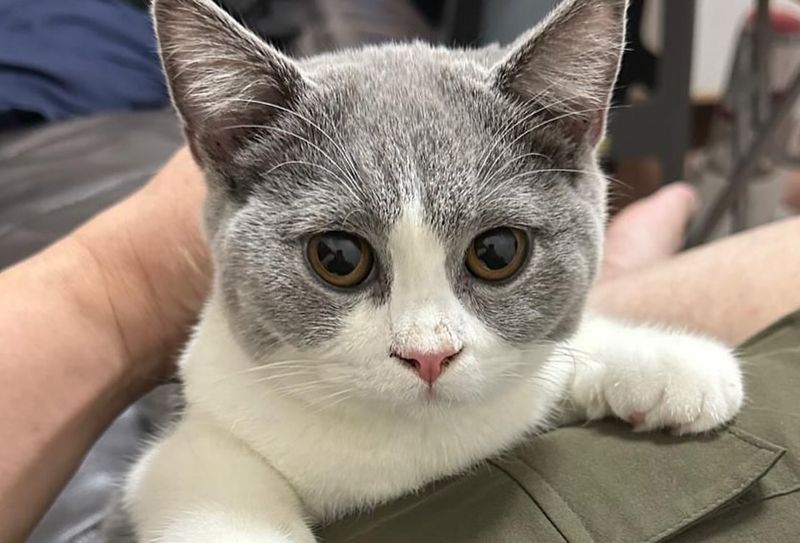
Dilated pupils in cats can be a sign of fear, stress, or excitement. If your cat’s eyes are frequently dilated, it’s important to assess their surroundings for potential stressors.
Creating a calm environment and ensuring they feel safe can help reduce this physiological response.

